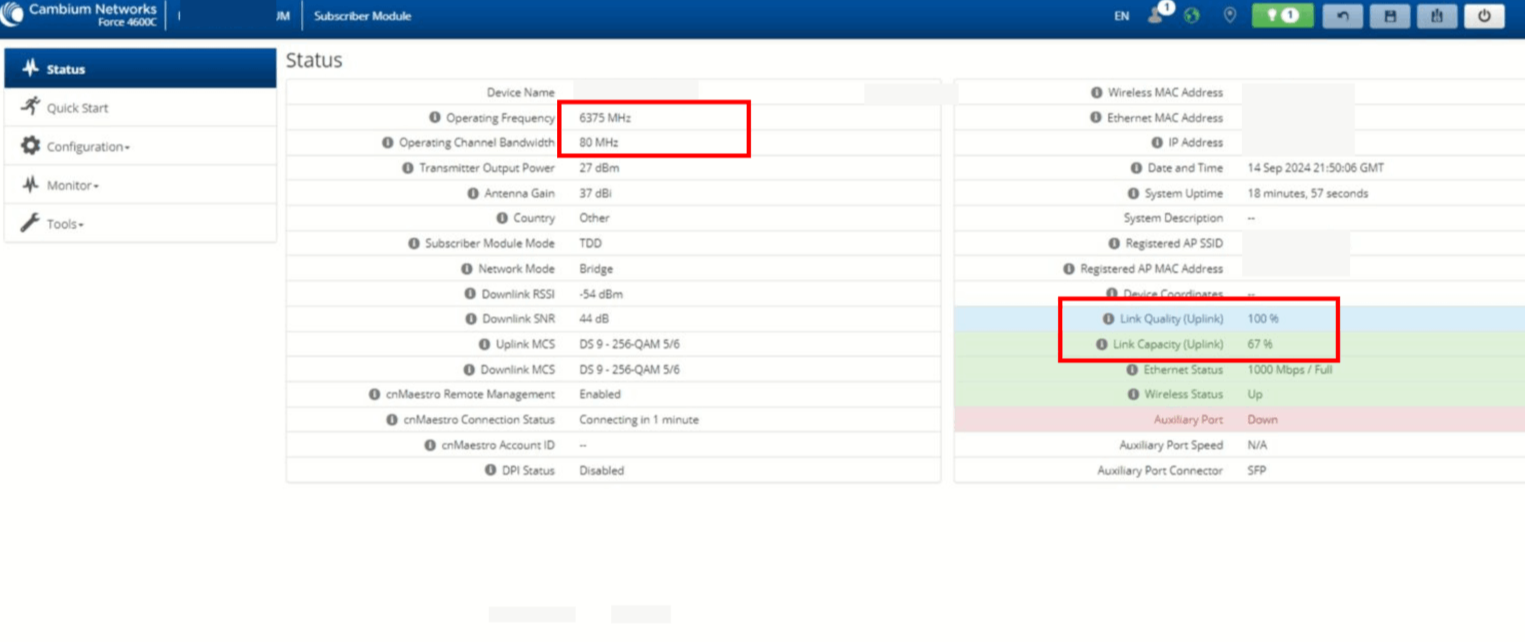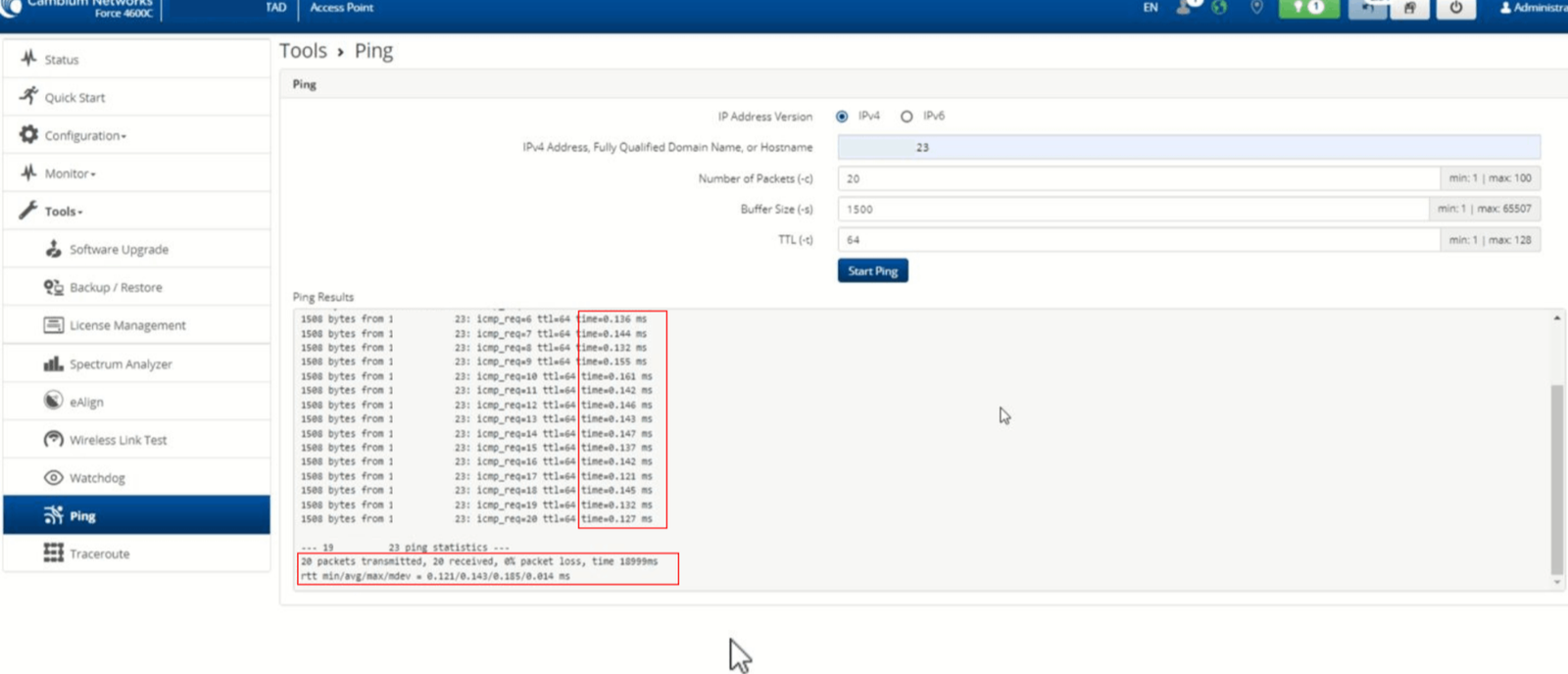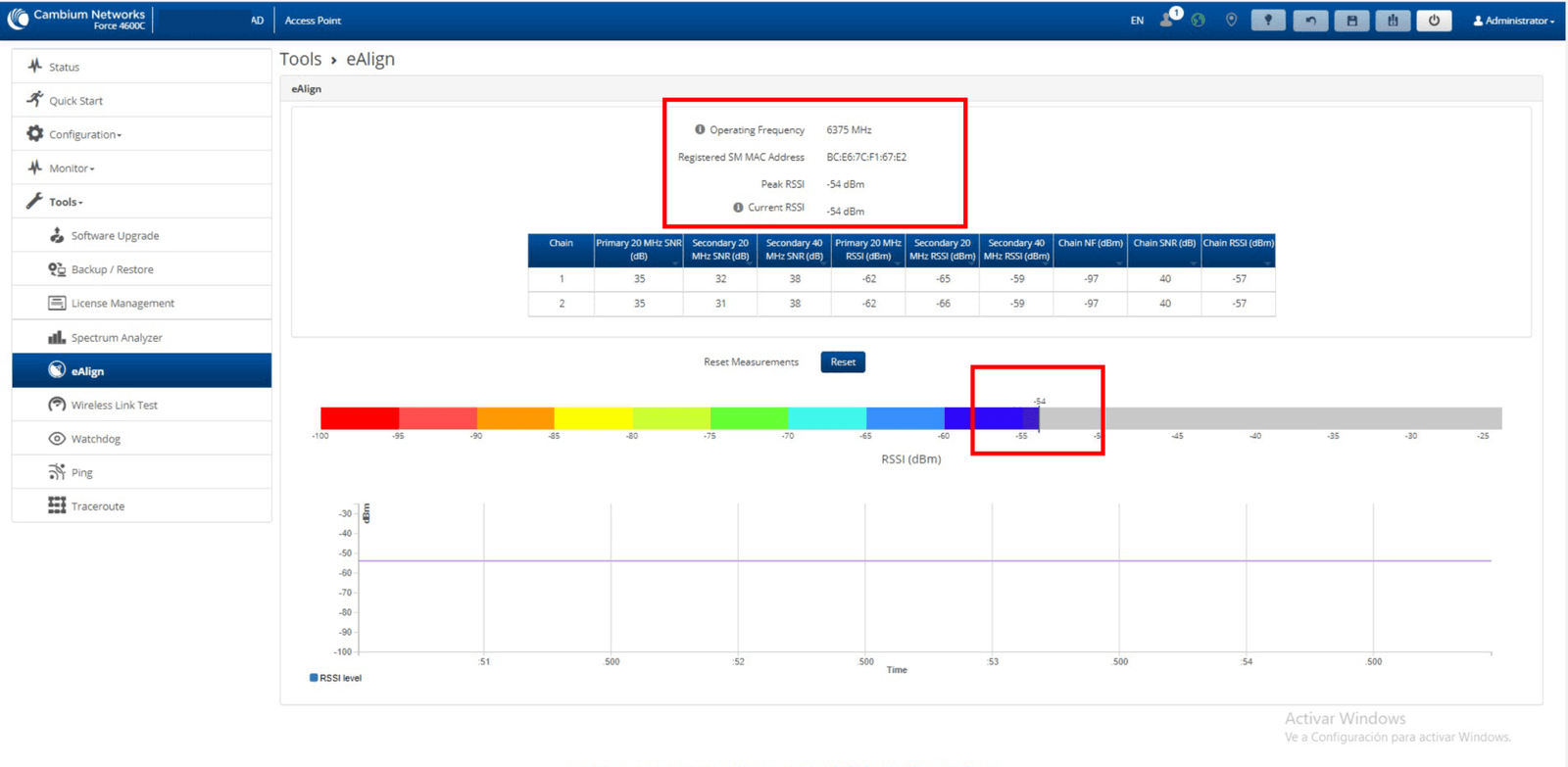
Colombia
In a remote region of the Colombian Amazon, an Internet Service Provider (ISP) serving over 2,000 users faced the need to create a backup for its fiber optic backbone. The ISP discovered that their primary site experienced noise floor levels reaching -70 dBm. To address this issue, they opted to deploy a Point-to-Point (PTP) backhaul link spanning 50.16 miles (80.4 km) to their main hub.
This solution was chosen to avoid the costly and complex process of extending fiber through the dense jungle, where their primary cabling runs, making maintenance and infrastructure growth particularly challenging.

In the initial testing phase, the signal level (RSSI) was established at -51 dBm. Despite the high humidity in the region degrading performance, preventing effective use of the 160 MHz channel, the ISP achieved solid latency performance using the 80 MHz channel—impressive given the considerable distance.
This implementation underscores the challenges and innovation required to deliver reliable internet service in remote and environmentally demanding areas, where traditional fiber infrastructure may not be feasible.

The link performance is very solid, delivering low latency, which allows for redundancy and offers potential for increasing capacity while maintaining 100% link availability. It operates efficiently in the lower 6 GHz bands, ensuring reliable performance even in challenging environments.


“The region is quite favorable for us because large carriers struggle to reach here. However, providers like me must ensure redundancy in case of any cut or loss in our main fiber link.”